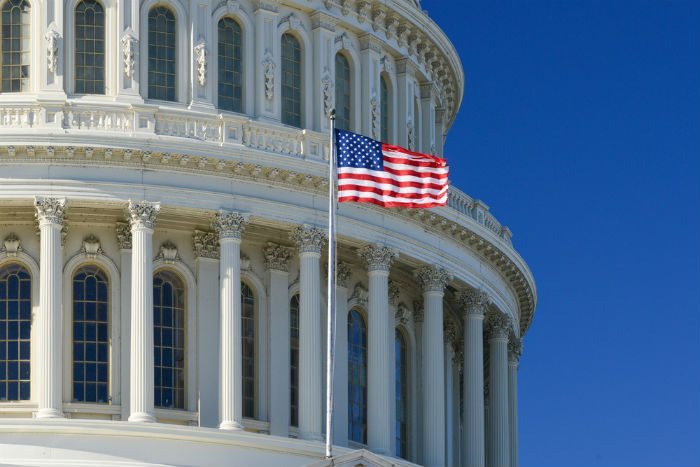House to Vote on 20-Week Abortion Ban With Onerous Rape and Incest Exceptions
Observers say the GOP bill is likely meant to intimidate physicians out of performing abortions after 20 weeks simply because the legal hoops seem too risky or burdensome.

The U.S. House is expected to fulfill a promise to the anti-choice Republican base by voting Wednesday to pass a ban on abortion after 20 weeks’ gestation.
The ban, sponsored by Rep. Trent Franks (R-AZ), has been amended to address concerns that its rape exception could re-traumatize victims by forcing them to report their attack to the police, though the new version still places hurdles before both rape and incest victims, still forces doctors to act against their best medical judgment, and still appears to be blatantly unconstitutional.
The so-called Pain-Capable Unborn Child Protection Act was supposed to pass in January to coincide with the March for Life and anniversary of Roe v. Wade. But the bill stalled after some Republicans objected to the language in the rape exception, a political embarrassment for the GOP that outraged the party’s anti-choice base.
Now, instead of reporting to police, rape victims must seek counseling or medical attention at least 48 hours before their procedure, forcing women to make multiple trips if they haven’t already sought counseling. The counseling can’t take place at an abortion clinic.
That’s only for adult rape victims, however. For those younger than 18 who are victims of rape or incest, the crime still has to be reported either to police or to “a government agency legally authorized to act on reports of child abuse.”
The exception doesn’t apply for incest victims older than 18.
The new provision for adult rape survivors amounts to a “cruel and unnecessary two-day waiting period,” according to a statement on the legislation released by the Center for Reproductive Rights (CRR).
Waiting periods often force women to spend unnecessary time and money, while increasing stress and forcing doctors to misinform women about the supposed harms of abortion.
“The new language is alarming in a number of ways,” writes Robin Marty at Dame Magazine. “Even without abortion alternatives information being forced upon her, the idea that potentially unwanted counseling would be a hoop a survivor of sexual assault must jump through in order to ‘earn’ an abortion is deplorable.”
Marty notes that the GOP bill is likely meant to intimidate physicians out of performing abortions after 20 weeks, even if they are medically called for, simply because the legal hoops seem too risky or burdensome.
Even if the conditions for an exception are met, doctors must comply with “arduous new reporting requirements” that conflict with established medical protocol, according to CRR.
Doctors also have to perform the procedure “by the method most likely to allow the child to be born alive,” unless it poses significant risk to the pregnant woman, and bring in a second specialist trained in neonatal resuscitation if the fetus has a chance of survival.
The bill doesn’t contain exceptions for a woman’s health, CRR notes, which could put a woman’s life in danger by forcing her to wait until a medical condition becomes technically life-threatening.
The ban also forces women to carry a pregnancy to term even if the fetus has severe abnormalities and won’t survive. Many women who have abortions after the 20-week mark have wanted pregnancies that have gone wrong, and see abortion as compassionate end-of-life care for their child.
Republican anti-choice leaders in the U.S. House are sounding confident about the rewritten bill’s chances.
“I’m proud we’ve gotten to a point where we found a consensus between our members and the pro-life groups out there,” Rep. Diane Black (R-TN) told The Weekly Standard.
Twenty-week abortion bans at the state and federal levels are a major priority for anti-choice activists and legislators, who see them as a stepping stone to overturning Roe v. Wade.
Bans on abortion at 20 weeks’ gestation are considered unconstitutional because they restrict a woman’s right to an abortion before a fetus is viable.
Like most 20-week bans on the books, HR 36 also goes against Supreme Court rulings that require abortion bans to include a comprehensive health exception.
